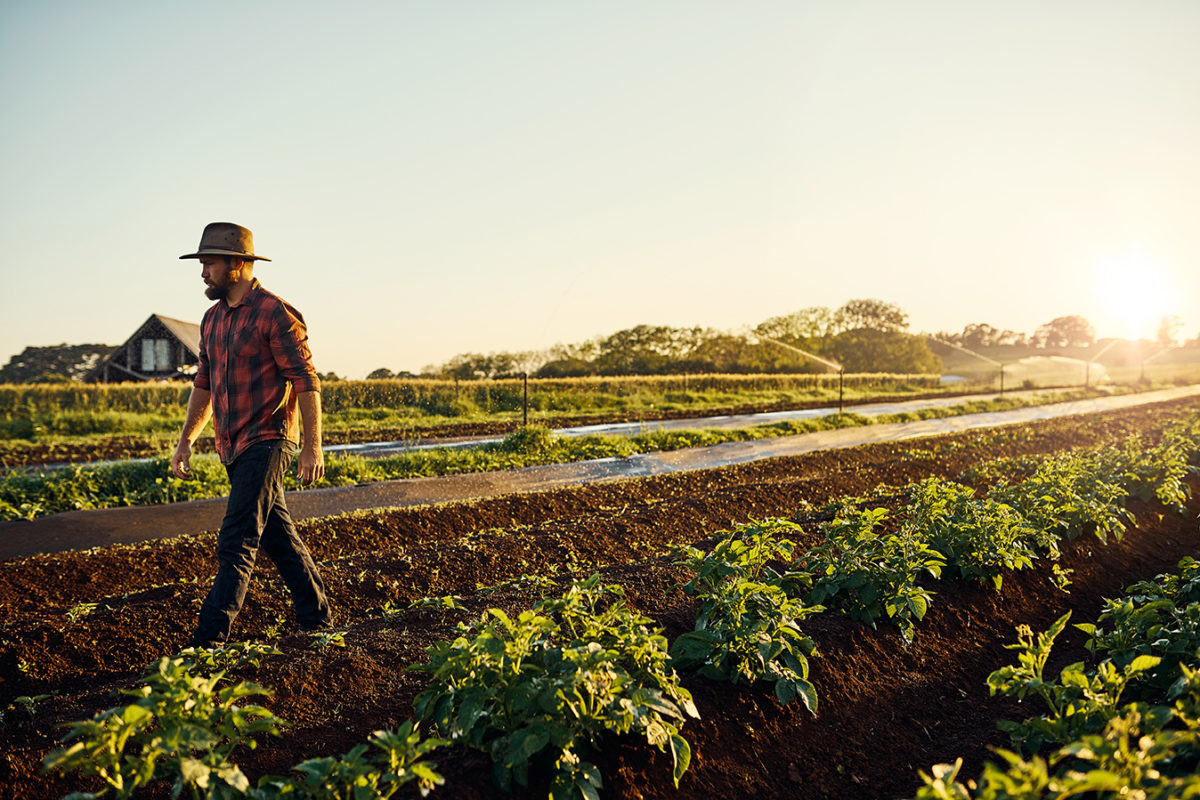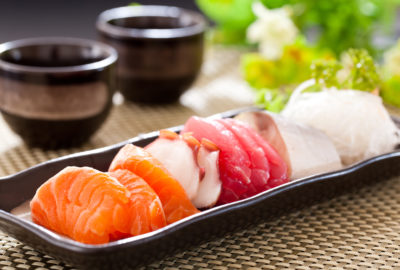It’s hard to believe we’ve already made it through half of 2018. From the release of our new Apple Cider Vinegars to our exciting giveaways on Facebook, we’ve had an exciting six months!
Even after 25+ years of serving happy customers, we’re still so delighted to meet new friends of Pure Planet.
If you have yet to experience us, let us share how we stand by our motto, “Pure and True, Since ’92.”
While many health-conscious folks are hip to the importance of the USDA Organic seal that stamps our products and other brand’s as well, does everyone know what it actually means?
If you’ve ever wondered what a company must do to get their product(s) certified, you’ve come to the right place.
Let’s chat “USDA Organic” and the other ways we ensure that our superfoods-fans get the finest of quality products.
Organic Certification
When you see the word “organic,” what do you think?
Most people think of “natural” when they see “organic.” That’s a correct assumption, but those two words cannot be tied together when it comes to certification laws.
Why not?
When it comes to putting the word “natural” on food-products, it is free and clear of any standards to do so. Bottom line:”natural” is not monitored under any close eye of authority.
“Organic” on the other hand is different.
You see, there are companies (like us!) who produce food that is free of synthetic additives, dyes, and harmful chemicals.
The United States Department of Agriculture (USDA) wanted to help separate these pure foods from falsely-advertised foods, making it easier for consumers to identify. So, they created the “Organic” certification.
To be certified, products should be 95% or more free of harmful additives without industrial solvents, irradiation or genetic engineering.
So, how does the USDA decide what’s organic and what’s not?
USDA Organic Certification
According to the USDA, certification requirements include:
- A system plan: The certification-seeker will outline just how they plan to comply with regulation, making special note of tillage, crop rotations, harvest, storage and other applicable requirements.
- Plan implementation and review: The plan will be reviewed for completed documentation. Follow-up questions may be asked based on deficiencies or anticipated problems.
- Facility Inspection: The seeker will have their facilities inspected and a comprehensive report detailing all findings will be submitted. Inspection scope will vary depending on operation. This can include soil conditions, equipment, production and even receiving and processing.
- Inspection Report Review: The inspector report and system plan will be joined together as a final packet of information on the company. Compliance will be studied based on requirements such as, observation of practices, assessments of contamination and potential hazards.
- Final Decision: If all steps are passed, the agency will issue a certificate listing the products that can be sold as organic. The facility will need to update its plan and practices, and there will be an annual inspection to keep the listing.
As you can see, this process is extensive, but well worth it.
Due to the large amount of work that needs to be done for every single product, entities like Oregon Tilth keep this process streamlined.
Oregon Tilth
What is Oregon Tilth?
For four decades, Tilth has been working to fulfill their mission: make food and agriculture “biologically sound and socially equitable.” They advocate for positive change, not just for safer consumption but also for the protection of Mother Nature.
And those are causes we can get behind!
Tilth is just one certifying body that helps ensure all requirements for the “Organic” seal are met. They are well-respected for offering certifications both nationally and internationally. From working with farmers to the Natural Resources Conservation Service, Tilth bridges together producers, companies and consumers.
We’re proud to work with them for our own certifications as we share a common goal: helping the world be more healthy through food and education.
Good Manufacturing Practice Certification
In a similar vein, we want to make sure our production is in tip-top shape. That’s why we worked hard on getting a Good Manufacturing Practice (GMP) certification.
Where would any company be without GMP certification?
This certificate is awarded to a facility that follows satisfactory compliance in meeting quality standards. It’s actually a little similar to “Organic” certification.
The US Food and Drug Administration (FDA) set forth GMP guidelines to ensure safety for consumers.
Some of these regulations include:
- handling of raw, quality materials
- establishing robust operating procedures
- protecting quality and investigating deviations
- maintaining clean safe lab facilities
Although GMP standards are just a baseline for any company, we strive to go above and beyond.
That’s why we developed full-scale Research and Development and Quality Assurance teams, who are always ensuring optimal production of every ingredient, like our carefully blended spirulina.
Staying Pure and True
As we head into the next half of 2018, we plan to continue to make top-quality products that can fit into any health regimen.
Keep a lookout for new products. We can’t wait for you to see what more we have in store!
Other sources:
https://blog.honest.com/learn-the-essentials-about-organic-labeling/
https://tilth.org/certification/start/certification-steps/



